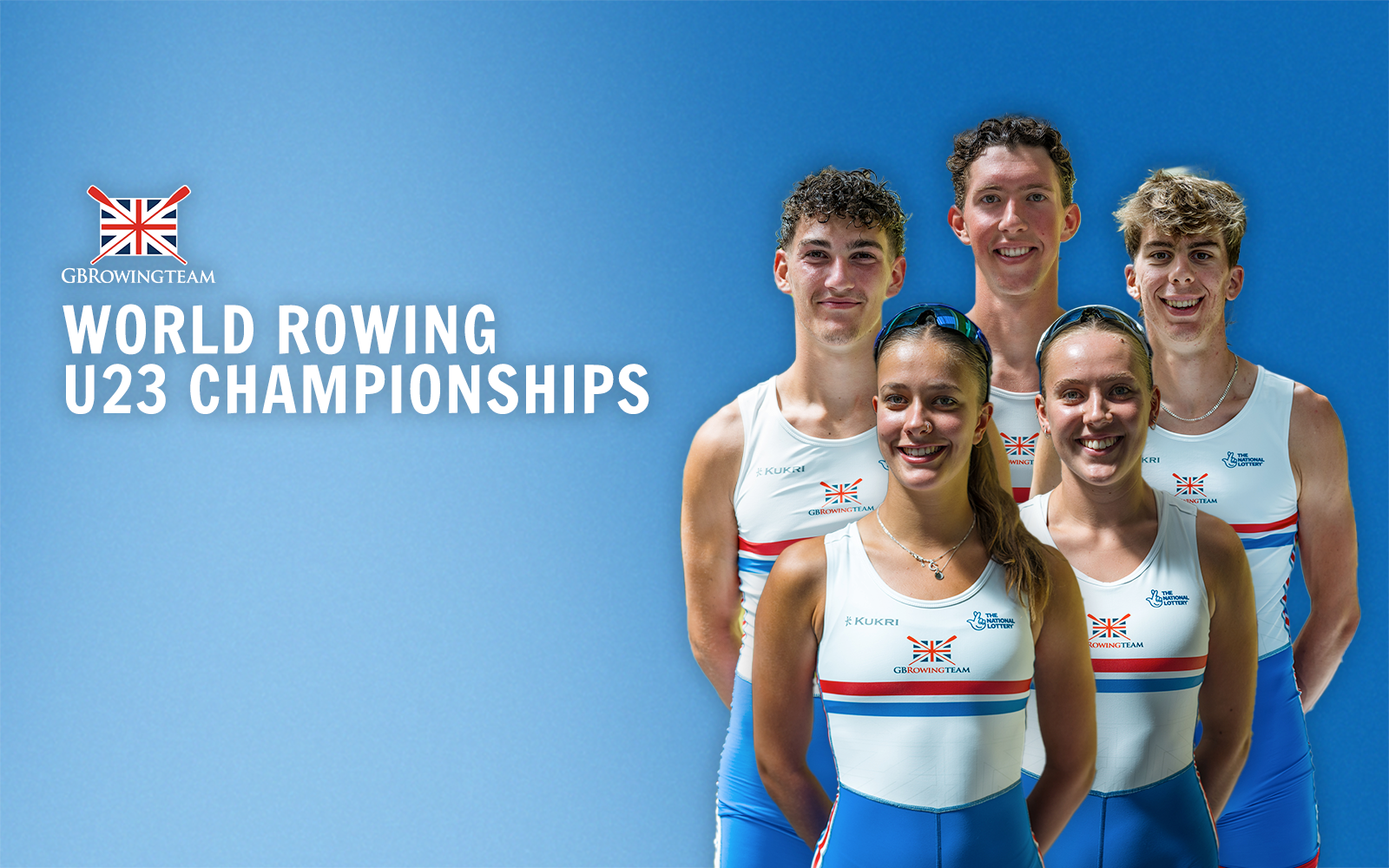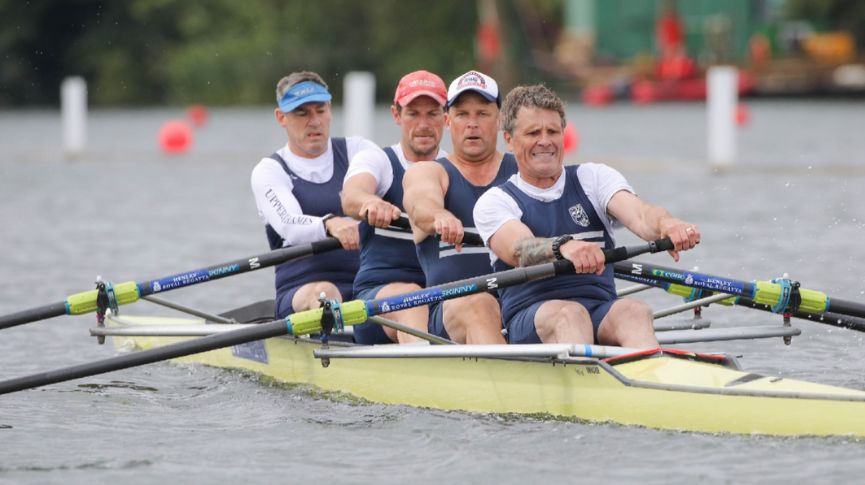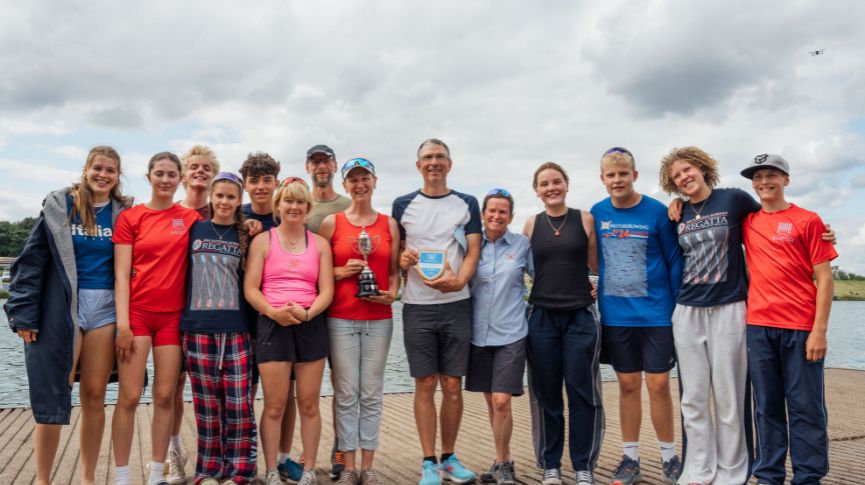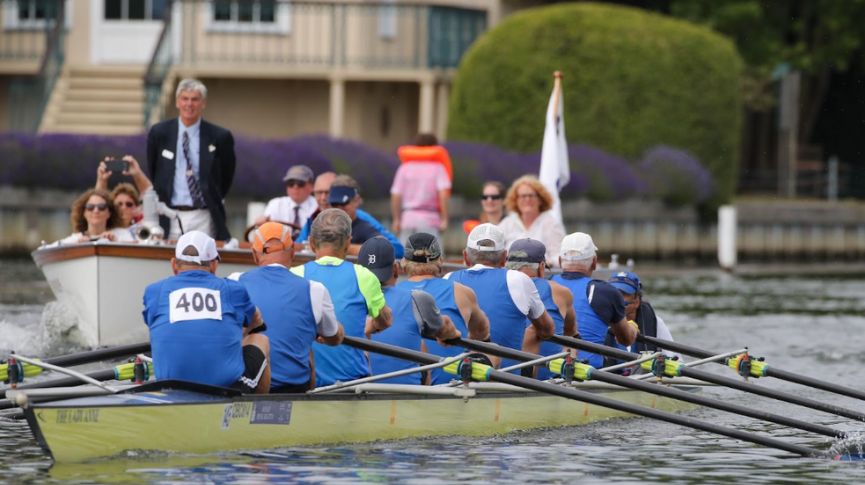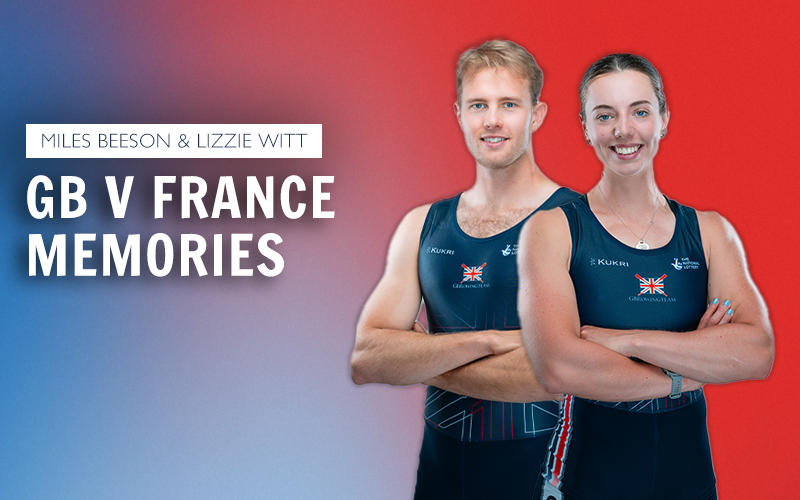UK Coaching Week series: learning and engaging
In our final article to celebrate UK Coaching Week, we look at the letters ‘l’ and ‘e’ in people for ‘learning and engaging’. How can you motivate your athletes to get the most out of their training sessions?
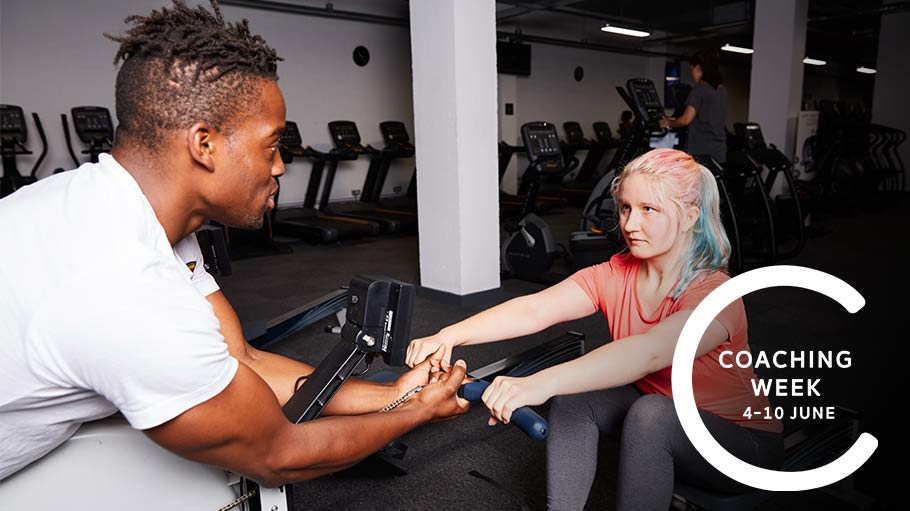
Tinashe Mandimika coaches on the rowing machine (c) Simon Way
As part of Coaching Week, UK Coaching have announced six principles of great coaching – PEOPLE.
- Person-centred
- Empowering
- Organised
- Positive
- Learning
- Engaging
To support these six principles, we’re sharing the stories of rowing coaches from across the country about how they coach by these principles. In the last article in the series we cover Learning and Engaging.
Tinashe Mandimika is a community Level 2 coach for London Youth Rowing (LYR) and loves introducing schoolchildren to the sport. He coaches in the beautiful setting of Osterley Park in west London – one of 10 bases for LYR’s Active Row programme, which aims to get 8,000 youngsters active across London over the next four years.
We asked him about his role and how he inspires his juniors.
1 – What do you enjoy most about being a junior coach?
Tinashe: I like being proactive and being outside. It’s inspiring to see juniors who find rowing difficult but who carry on trying anyway, as well as seeing the more naturally talented who get it straightaway. It’s a great feeling knowing you are making an impact by bringing the sport to people who wouldn’t otherwise have access to rowing. I find it amazing that we can row somewhere like Osterley Park – I feel lucky that I’m able to do it!
2 – How do you put the juniors at ease when they first try rowing?
The juniors are aged from 11-16 and come from nine different schools in Ealing and Hounslow. Most haven’t tried rowing before so we always keep everything light-hearted and fun. I try to put myself in their position and talk about how I got into rowing so they can relate to me better.
3 – What different techniques have you brought to sessions that have been particularly successful?
We have eight juniors in a session and we start by pairing them up in a boat, which we hold with a rope. We stand in front of them and go through the technique. Then one junior tries rowing while the other reminds them of what we’ve just said. It works well and it’s good for them to spur on their teammate.
Last week we introduced the British Rowing Junior Championship omnium drills to a more advanced group. These skills can be quite daunting but they got on really well. They were all standing up in the boat and nobody fell in!
It’s just a way of making it fun. Our next step is to get some fine singles on the lake so they can feel the mechanics of the boat and get a better idea of what rowing is like.
It’s a great feeling knowing you are making an impact by bringing the sport to people who wouldn’t otherwise have access to rowing
4 – How do you present learning points to them, for example, from the last season and put them into practice going forward?
Simple tools such as using video feedback, when appropriate, can be really useful to visually present learning points to juniors. I also search for relatable material on rowing blogs and try to share it with the athletes.
5 – What’s the most challenging part of being a junior coach?
It’s a challenge to win the trust and support from the teachers and to really sell the programme. Some of the schools have 150 students doing PE at a time, so to release one teacher because eight pupils want to try out rowing is quite a big ask. It’s a challenge to make sure that each junior develops at their own pace too, but one of the ways that I tackle this is to have three sessions, rather than just one, which hopefully allows everyone to progress.
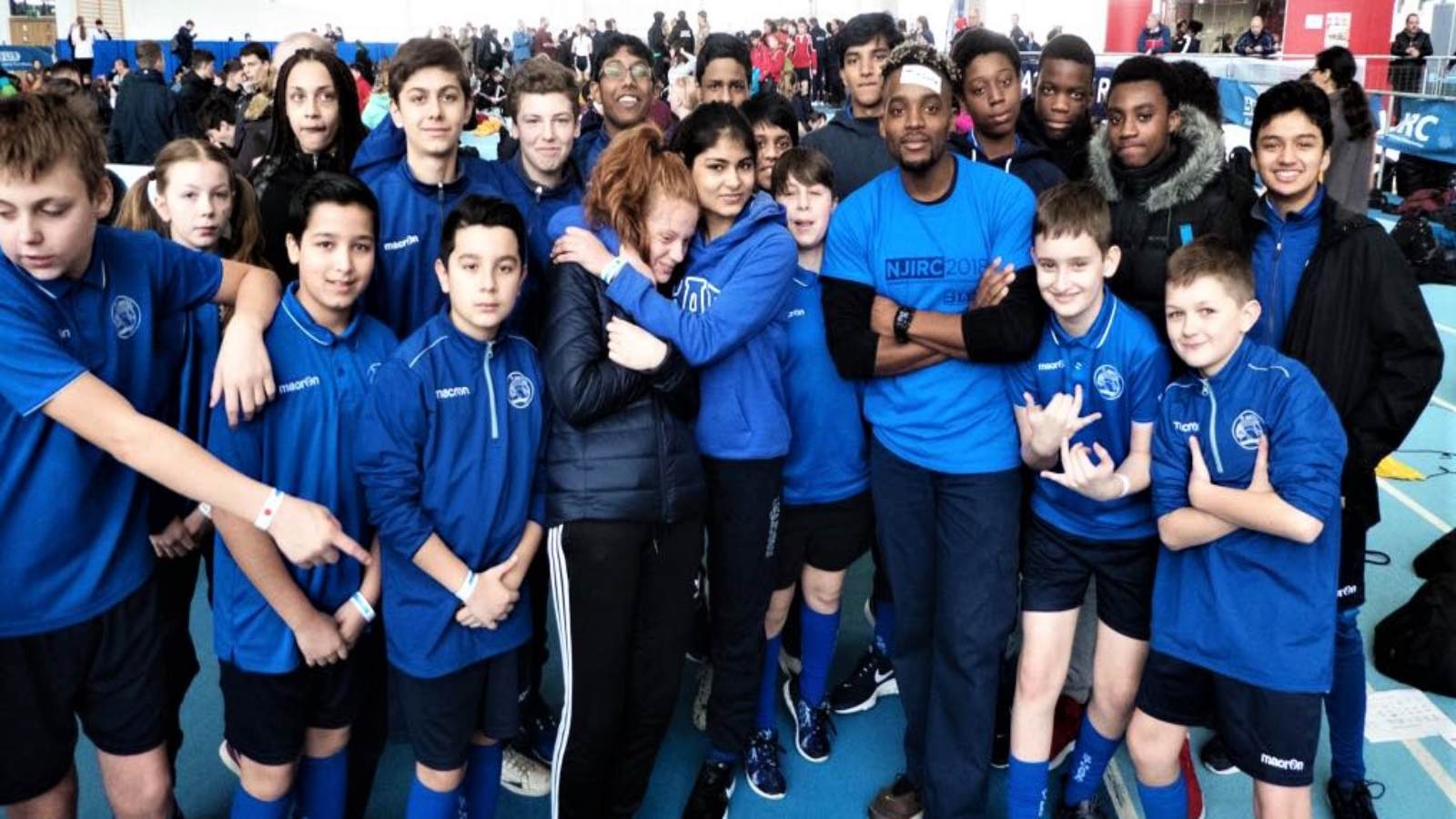
6 – What’s your top tip?
I encourage the juniors to talk about their life outside sport so you find out what makes them tick. I’ve been surprised by what some of them have said.
For instance, I had high hopes for one junior who was a promising indoor rower and made the effort to come to every session after school. But we were having a chat and she told me that actually she didn’t want to row because she wanted to be a chef! So I now just try to make each session fun so it offers her a break from her culinary ambitions!
7 – Finally, is there anything that surprises you about the impact that rowing has on juniors?
Some of the juniors come from quite challenging backgrounds and I’ve been surprised by the relentlessness that they’ve shown. We have one junior who comes to the high performance squad sessions on the Tideway four times a week. She comes on her own and has quite a long journey so is very motivated. Her efforts are paying off and she’s now racing at regattas. It’s great to see that rowing is giving her opportunities that might not have existed before. I hope it’s made her see a different side of the world.
>If you’d like to try coaching then British Rowing can help support your development. Check out our courses here.
>Look out for British Rowing’s new code of conduct for coaches – coming soon.
>Find out more about London Youth Rowing’s Active Row programme here.


